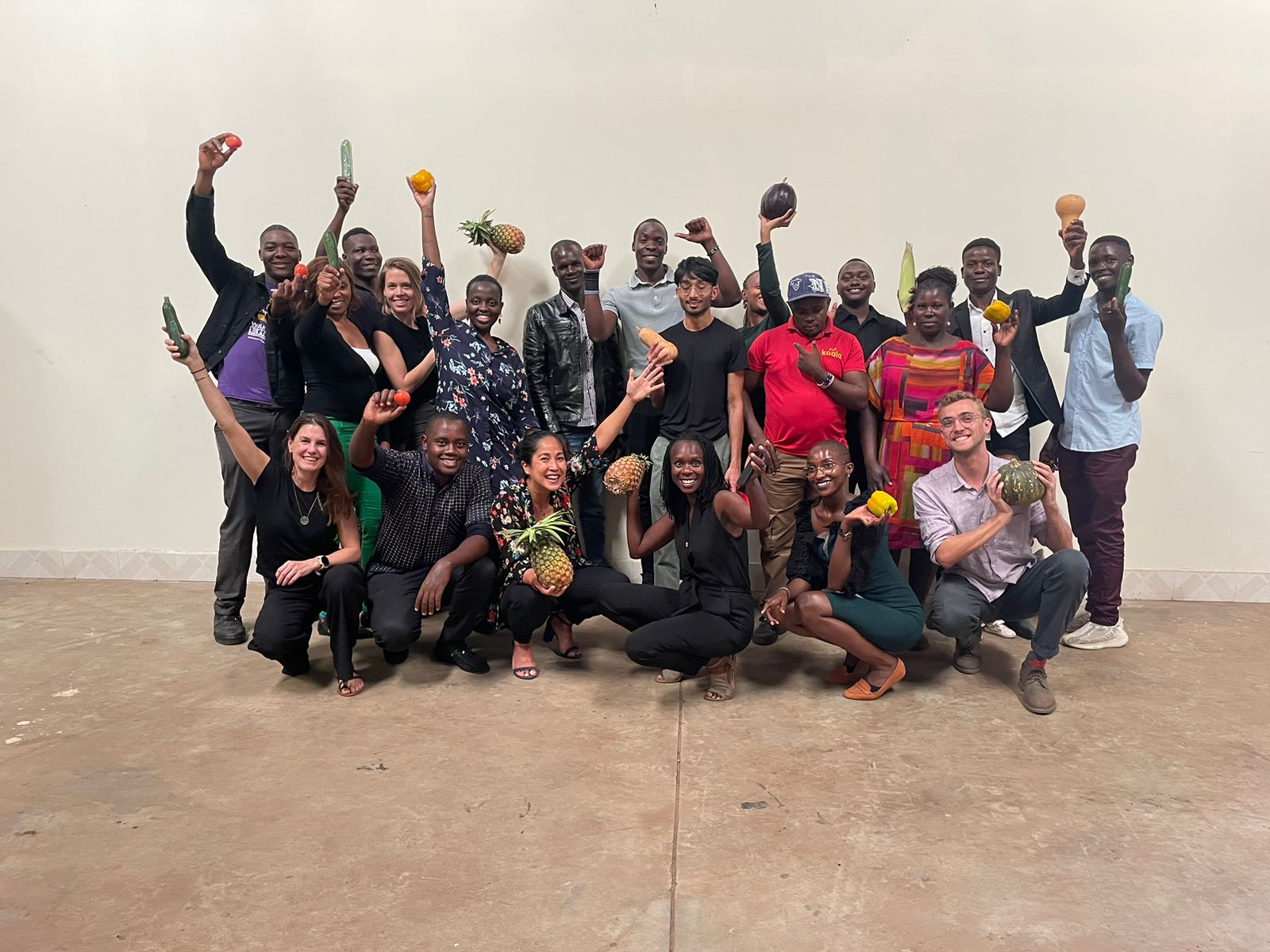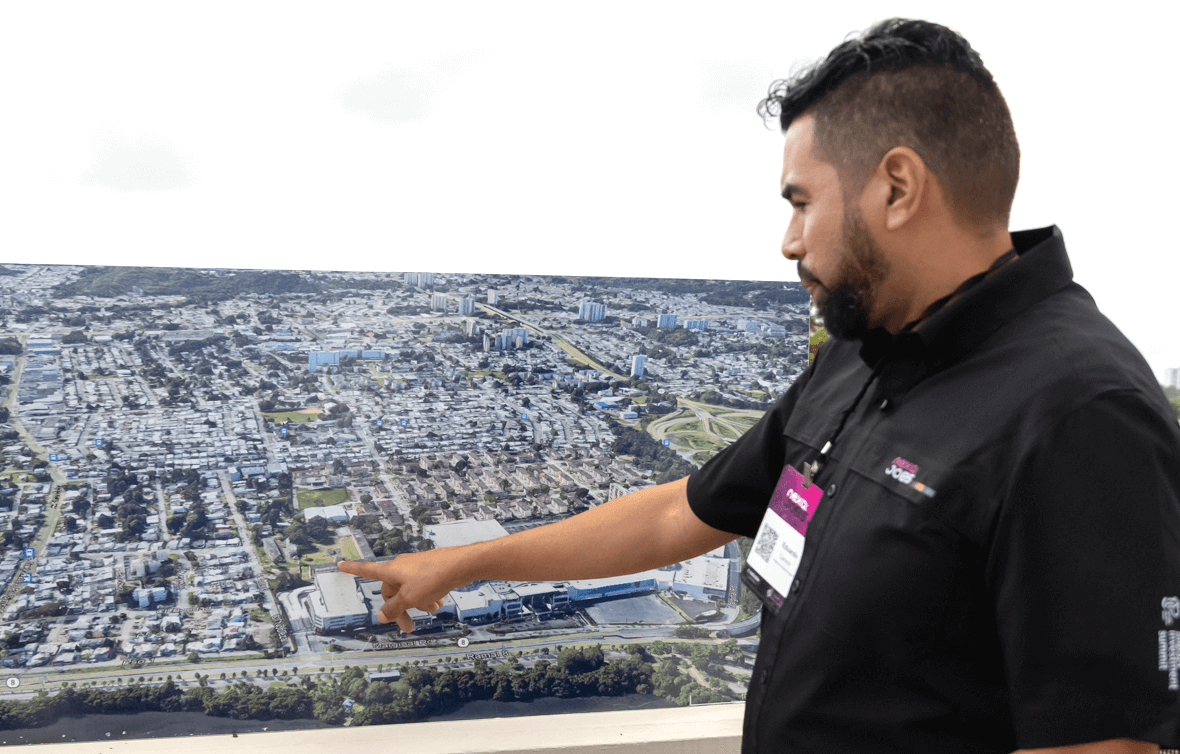Greetings, Agents of Impact!
Featured: ImpactAlpha Original
Local funds model the racial reckoning and renewal required for the COVID recovery. If the COVID crisis has laid bare longstanding inequities, the widespread protests over the police killing of George Floyd are pushing racial equity to the center of the COVID recovery (see, “Closing racial gaps in COVID-19 response and recovery”). The blueprints for a racially inclusive recovery already are taking shape in Oakland, Boston and communities across the country. Local funds such as Runway Project, Ujima Fund and the Boston Impact Initiative are doing the kind of deep, innovative, relationship-based work needed to begin to heal racial inequities and trauma. That could include universal basic income for Black founders, “people guarantee pools,” sharing power in investment decision-making and ownership, and other elements of what Runway’s Jessica Norwood calls “the financial infrastructure that is going to love black and brown people.”
Runway, for example, is providing six months of no-strings-attached payments to entrepreneurs in its portfolio, many of whom are sole proprietors. Universal basic income for Black business owners “reflects our belief in choosing trust and relationships over bureaucracy and evaluation, and doubling down on what it means to be friends and family,” says Norwood, who raised the money from longtime funders, including RSF Social Finance and Candide’s Olamina Fund. In Boston, Deborah Frieze structured a “people guarantee pool” to provide a one-time $1,200 non-taxable gift to employees of Boston Impact Initiative’s portfolio companies, many of them women of color, undocumented immigrants, formerly incarcerated or part-time employees who lacked savings and might not be eligible for federal aid. Now she’s looking to raise a $2.5 million fund for zero-percent working capital loans. Such models point to a system rooted in a different set of values and beliefs. “If we understood ourselves as interdependent, we’d be looking at, how can I ensure that my suppliers stay healthy? My customers and employees?” says Frieze. “If we can’t figure out how to respond now, when will we?”
Keep reading, “Local funds model the racial reckoning and renewal required for the COVID recovery,” by Amy Cortese on ImpactAlpha.
Dealflow: Follow the Money
Pearl Capital backs Ugandan seed distributor Naseco. The East Africa-focused agriculture impact investor committed 4.6 billion Ugandan shillings ($1.2 million) to help Naseco boost yields and incomes for Ugandan farmers with improved seed varieties. Pearl made the investment from its €20 million ($22 million) Yield Uganda Investment Fund.
- Third fund. Pearl Capital launched in 2005 to fill East African agribusinesses’ financing gap with a combination of debt, equity and quasi-equity. The Yield Fund, its third fund, is backed by the European Union and Ugandan pensions (see, “Pearl Capital closes round for Uganda agriculture fund”).
- Portfolio. Naseco is the Yield Fund’s seventh investment. The portfolio also includes soy processor Sesaco; cooperative coffee processor and exporter CECOFA; Clarke Farm, another coffee processor and exporter; food and beverage testing lab Chemiphar; moringa processor Raintree Farms; and egg processor Pristine Foods.
- Read on.
Climeworks raises $75 million to capture carbon. The Swiss company’s technology captures carbon dioxide directly from the air for re-use as a raw material, a fuel source, and other applications, including carbonating beverages. Climeworks did not name investors in the funding round.
Australian insurer QBE completes divestment from thermal coal. The firm completed the divestment 10 years ahead of schedule, The Australian Financial Review reports. Coal comprised only 0.5% of QBE’s investment and underwriting portfolios. QBE still invests in other fossil fuels, though it has promised to reduce those investments. A shareholder resolution demanding that the insurer set targets to reduce fossil fuels exposure failed earlier this year.
Renewance and Iris Light score early funding from Clean Energy Trust. The early-stage cleantech investor committed $100,000 each to the two companies. Renewance facilitates battery recycling, while Iris Light’s technology improves the energy efficiency of computing and data storage.
Impact Voices: Pass the Mic
Fighting COVID-19 requires investing in science. In the last decade, the world has seen at least a half-dozen outbreaks of deadly viruses, including swine flu, avian flu, MERS, Ebola, Zika, dengue and of course the COVID-19 pandemic. Still, creating treatments for an unknown future pandemic remains a risky investment proposition, say Prudential Financial’s Tony Berkley, Boundless Impact’s Michele Demers, and Kevin Mullane of Gladstone Institutes, which is working on such research. “This is exactly the kind of market failure impact investors are accustomed to addressing with patient capital and creative financing,” the trio argue in a guest post on ImpactAlpha. Pan-viral drugs that work against many viruses or families of viruses would provision pre-existing treatments for when the next pandemic strikes, they say. “Impact investors should focus on funding a broad suite of pandemic preparedness technologies and solutions that are in development stages and need to be brought to market.”
- Keep reading, “Fighting COVID-19 requires investing in science,” by Tony Berkley, Michele Demers and Kevin Mullane on ImpactAlpha.
Connecting and engaging older adults is an untapped market opportunity. The 65-and-older population in the U.S. spends a lot of its $2.6 trillion in annual purchasing power on healthcare and caregiving. Older adults would like to spend more on independence, community, engagement and fun. The set of solutions is still largely overlooked by most of Silicon Valley, but early movers have begun to design new and better solutions for the vitality of older adult consumers. The startup sector, which skews younger, “has misjudged the market demand for innovation focused on older adults’ sense of independence, their need for support and community, or their desire to stay intellectually engaged and have fun,” writes Village Capital’s Kelly Bryan in a guest post on ImpactAlpha. Some exceptions: Cantina Communities is building a living community in Austin that utilizes tech and modern design principles to help older adults stay engaged with their neighbors. Video storytelling platform Megilla lets older adults respond to questions about their lives and personal stories. Saga sends older users one question a week that they can answer by speaking into their phone.
- Untapped opportunity. In “Redesigning the Ecosystem for Aging Adults,” Village Capital found that the percentage of startups working on healthcare was significantly higher than consumer spending. The percentage working on improving engagement for older adults? Significantly lower.
- Keep reading, “Connecting and engaging older adults is an untapped market opportunity,” by Kelly Bryan on ImpactAlpha.
Agents of Impact: Follow the Talent
Brigit Helms, ex- of DAI, is the new executive director at Santa Clara University’s Miller Center for Social Entrepreneurship… Amira El-Sayed, ex- of Reboot, joins Luminate as principal of civic empowerment… World Within Labs’ Rostam Zafari joins the board of directors at Cornerstone Capital… Amadeo Ibarra is named senior vice president and country head at Creation Investments Capital Management, which opened a Mexico City office… Common Future’s Rodney Foxworth is one of two dozen social justice leaders selected for the Ford Foundation Global Fellowship (see his latest post, “The system was built to break black people”).
Manita Ray and Theresa Rajah launch Capital Human, a new strategic advisory firm focusing on gender equity and social impact initiatives in Australia… Catalyst Fund launches in Mexico… Lightship Capital seeks a creative director in Cincinnati… The Impact Investing Institute is hiring a partnerships director in London… Mission Driven Finance is recruiting a community projects manager.
Nia Evans of Boston Ujima Project, Marjorie Kelly of Democracy Collaborative, Joe Rinehart of Main Street Phoenix Worker Cooperative and Vanessa Roanhorse of Roanhorse Consulting will join Media Enterprise Design Lab for “Exit to Community: Community Ownership in a Pandemic,” Tuesday, June 9… Also on June 9, Founder Institute’s Sydney chapter launches its accelerator for entrepreneurs addressing the Sustainable Development Goals.
Thank you for reading.
–June 3, 2020











